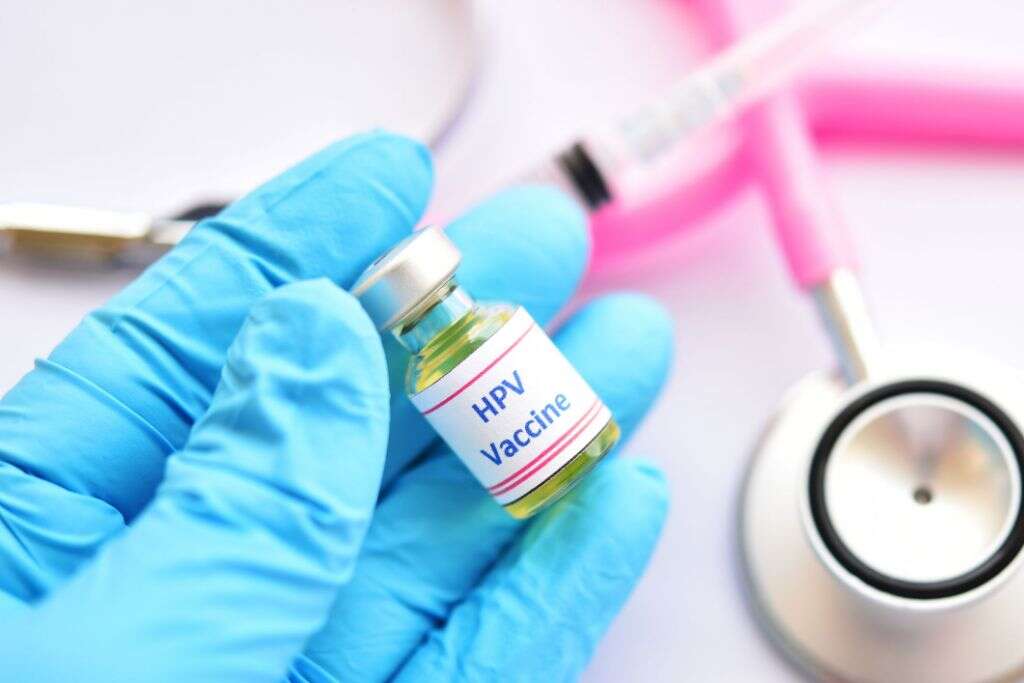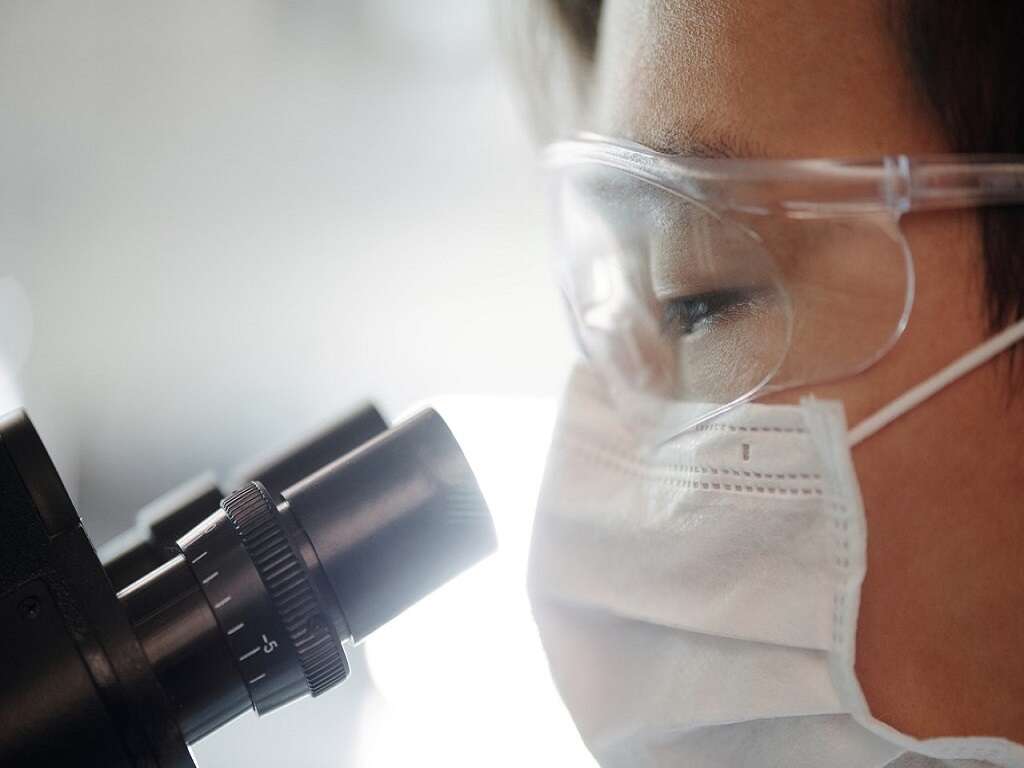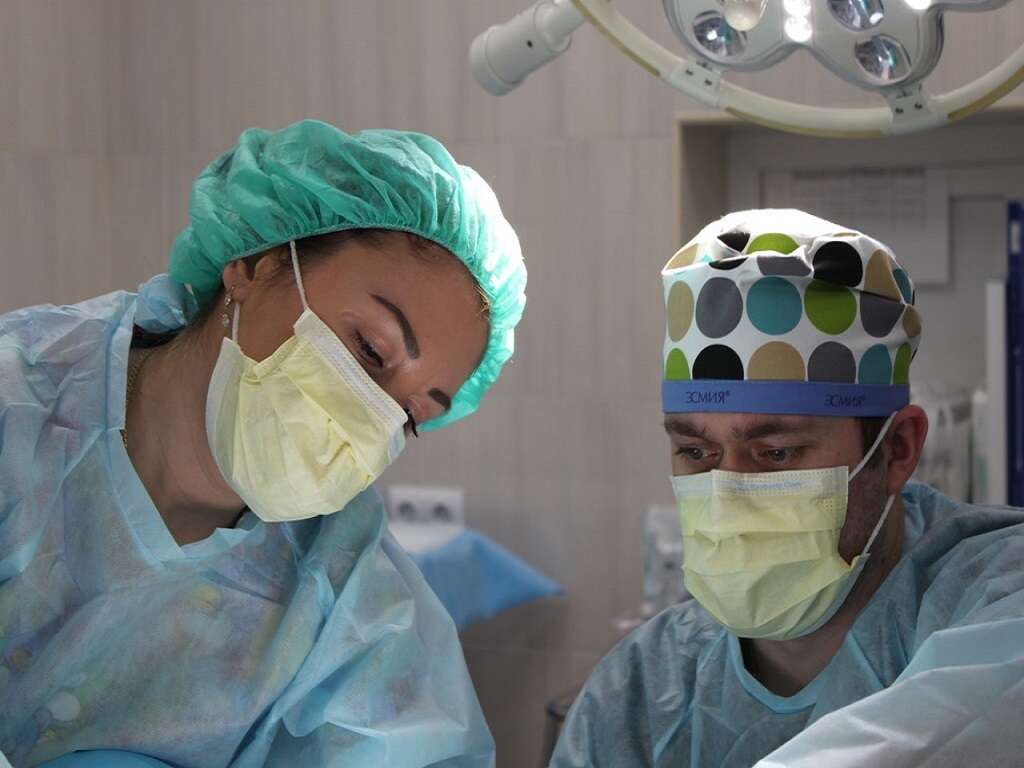What Is Anal Cancer?
Anal cancer is a disease that affects the anus, which is the muscle and tube at the end of the rectum. This is the area from which stools leave the body. While benign growths can occur, cells in this area can turn into cancerous cells and travel to other tissues.
Although not a very common type of cancer, anal cancer is a serious condition that requires treatment to remove any abnormal cells.
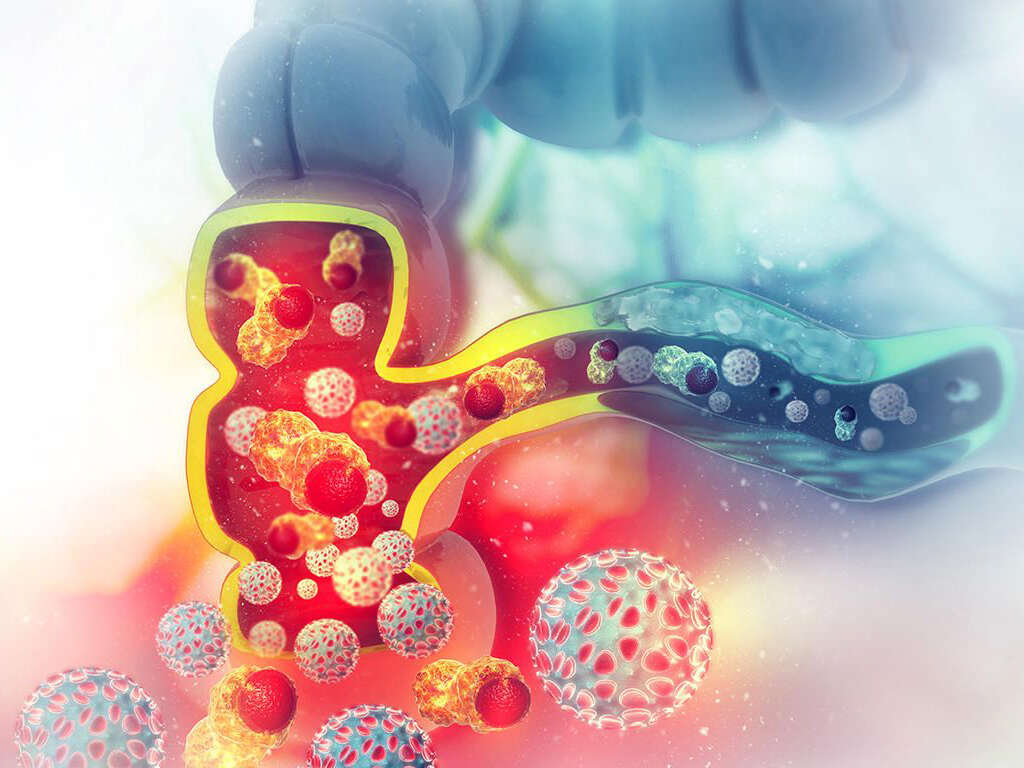
1. How Does Someone Get Anal Cancer?
As with any type of cancer, there are many different contributing factors that cause someone to develop anal cancer. The most common way someone gets anal cancer is by having human papillomavirus (HPV), which causes anal squamous cell carcinomas. However, just because a person has HPV does not mean he or she will get cancer.
Having a weak immune system (e.g. people diagnosed with HIV/AIDS) and smoking are also directly related to anal cancer. Additionally, having more than one sex partner and participating in anal sex puts someone at a higher risk of developing HPV and HIV, thereby increasing his or her risk of getting anal cancer.
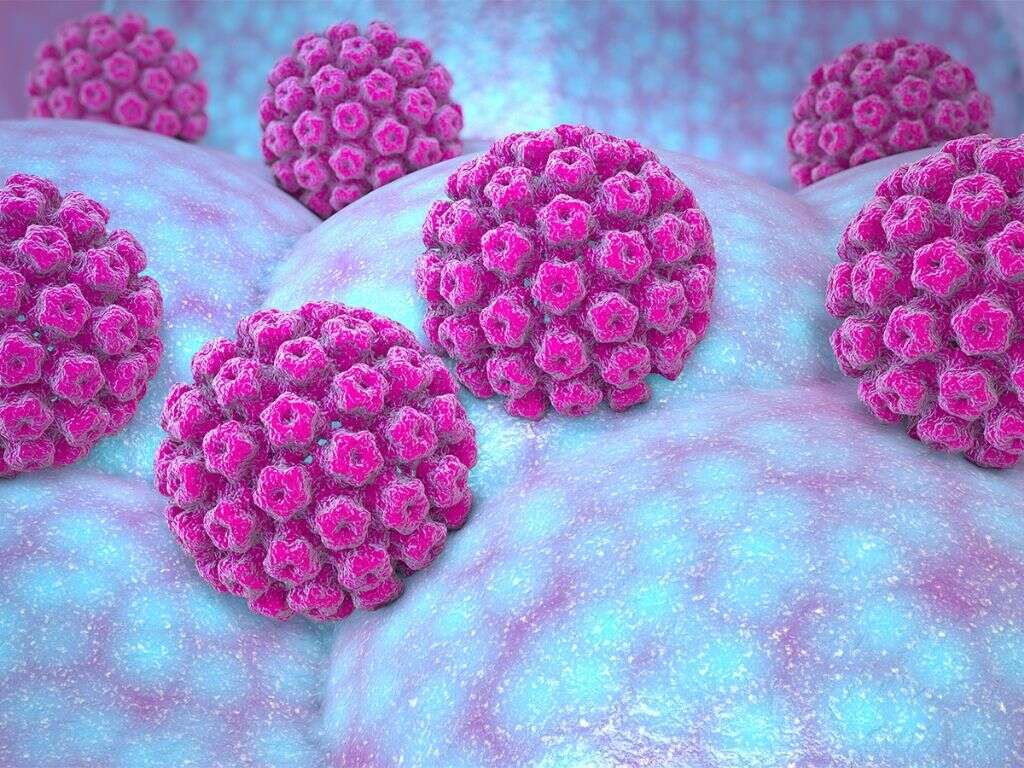
2. How Common Is Anal Cancer?
Anal cancer is not a very common type of cancer, with the risk of developing it about 2 per 100.000. However, there has been a steady increase in recent years. Compared to rectal or colon cancer, anal is much rarer.
According to the American Cancer Society, it is estimated that there will be approximately 8,590 new cases in 2020, with about double as many women getting a diagnosis as men. This cancer is especially uncommon in people under the age of 35 and is most prevalent among older adults 60 or older.

3. What Are the Symptoms of Anal Cancer?
There are several signs that can indicate a person has anal cancer, many of which can be a result of other causes as well. The most common, telltale sign a person may have anal cancer is rectal bleeding. In the beginning, the bleeding may be minimal and bright red in color.
In addition to bleeding, other symptoms of anal cancer include a visible lump or mass on the anus. The area is also often painful and itchy. The discharge may come from the area along with changes in bowel habits and stool appearance. In later stages, the lymph nodes may be visibly swollen.

4. Are Hemorrhoids a Sign of Anal Cancer?
Hemorrhoids are not directly related to anal cancer and are in no way a sign of cancer in the area. Hemorrhoids are inflamed veins near the anus that are common during pregnancy and after straining during bowel movements.
It can be difficult to tell the difference between hemorrhoids and anal cancer since the symptoms are so similar, but hemorrhoids are much more common. They can cause lumps to form outside the anus, often bleed, and may cause discomfort and itching when sitting or going to the bathroom.

5. How Does Anal Cancer Affect Stools?
One indicator that an individual has anal cancer is abnormal stools. Many people may get bouts of either constipation or diarrhea, and the size and frequency of bowel movements may change as well.
Additionally, it may feel as if the bowel never fully empties itself even after going to the bathroom. The stool may contain traces of blood. The shape of the stools may be different as well, with a narrow, pencil-like appearance.

6. Is There a Difference Between Anal, Rectal, and Colon Cancer?
While there are several similar symptoms for anal, rectal, and colon cancer, these are three different conditions that affect different parts of the body. Anal cancer is located in the anus, colon cancer can form in any part of the 5-foot-long colon and rectal cancer forms in the rectum. Rectal and colon cancers are often referred to as colorectal cancer.
Anal cancer is far less common than rectal or colon cancer and is most often caused by HPV, as opposed to the sporadic mutations of cell DNA. While a poor immune system and sexual activity are risk factors for anal cancer, an unhealthy lifestyle, such a not exercising, smoking, eating a lot of red meat, and being obese, is often linked to colorectal cancers.
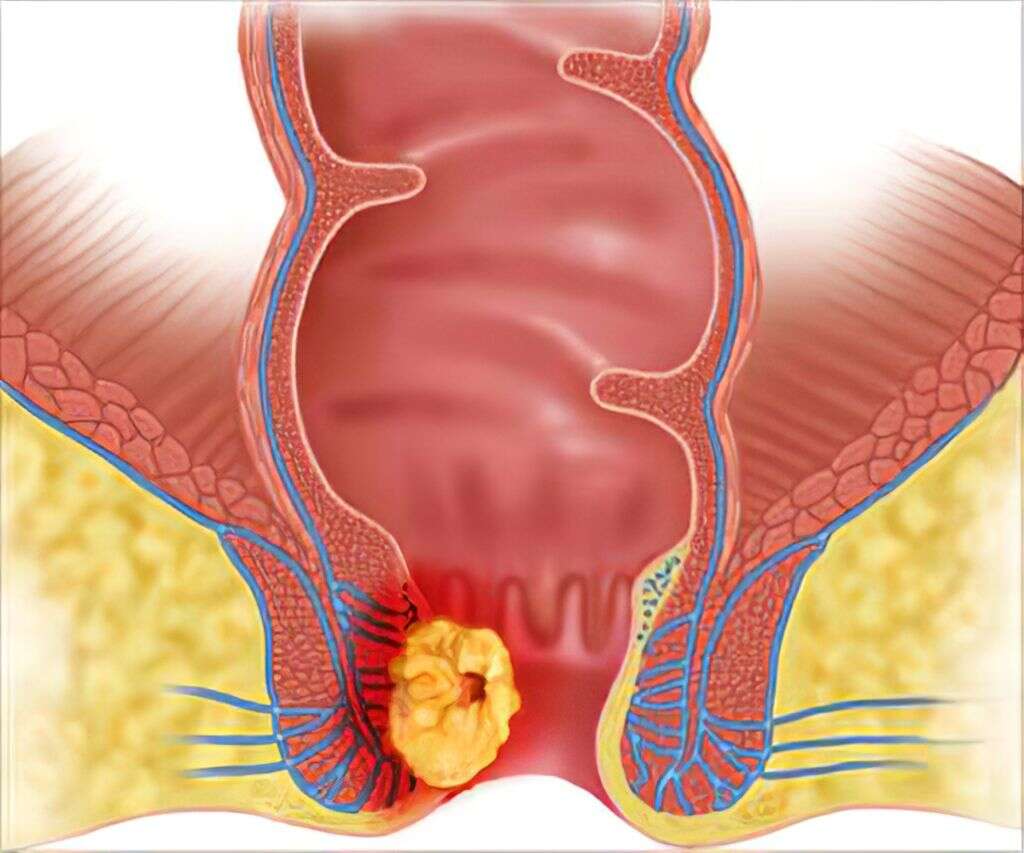
7. How Is Anal Cancer Diagnosed?
There are several ways anal cancer can be diagnosed, depending on the severity of symptoms. Since the anus is on the outside of the body, a visual exam from a doctor can reveal any concerning bumps on the area. Anal cancer can also be an incidental finding during a consultation.
Many people may learn they have anal cancer after visiting a doctor for blood in stools or discomfort. If cancer is suspected, a biopsy can confirm that the tissue is cancerous. To better evaluate the extent and location of cancer imaging tests may be necessary.
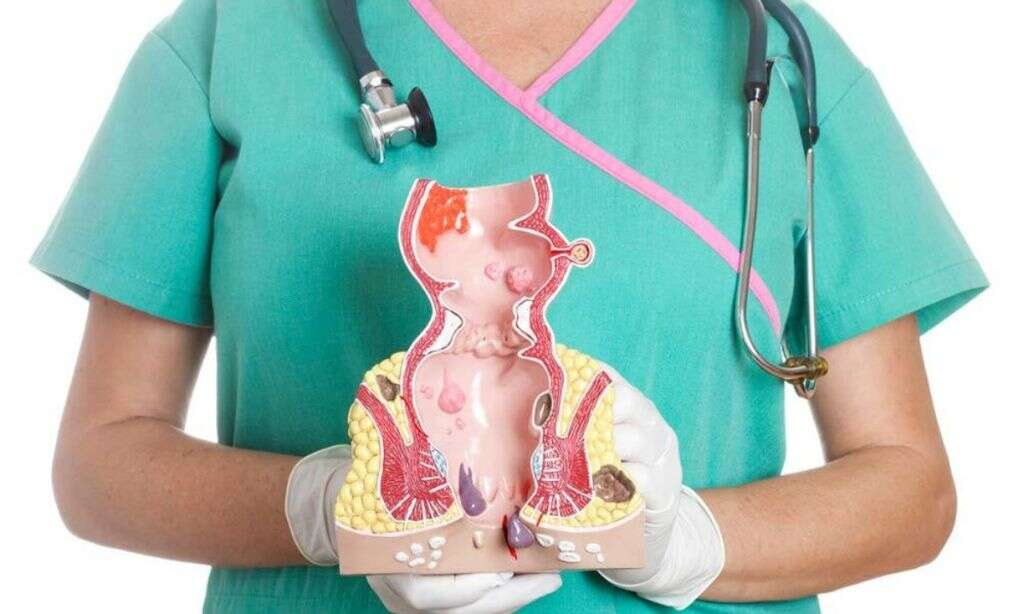
8. What Treatments Are Available for Anal Cancer?
There are three types of treatments used to treat anal cancer, which include radiation therapy, chemotherapy, and surgery. A combination of radiation and chemotherapy is usually the preferred approach depending on the extent and stage of the disease.
Surgery is also a treatment option for certain cases where the lesions can be safely taken out without the risk of leaving cancer cells in the area. If the diagnosis is made in the early stages of the disease, more options are available to safely treat the condition and outcomes are usually better.
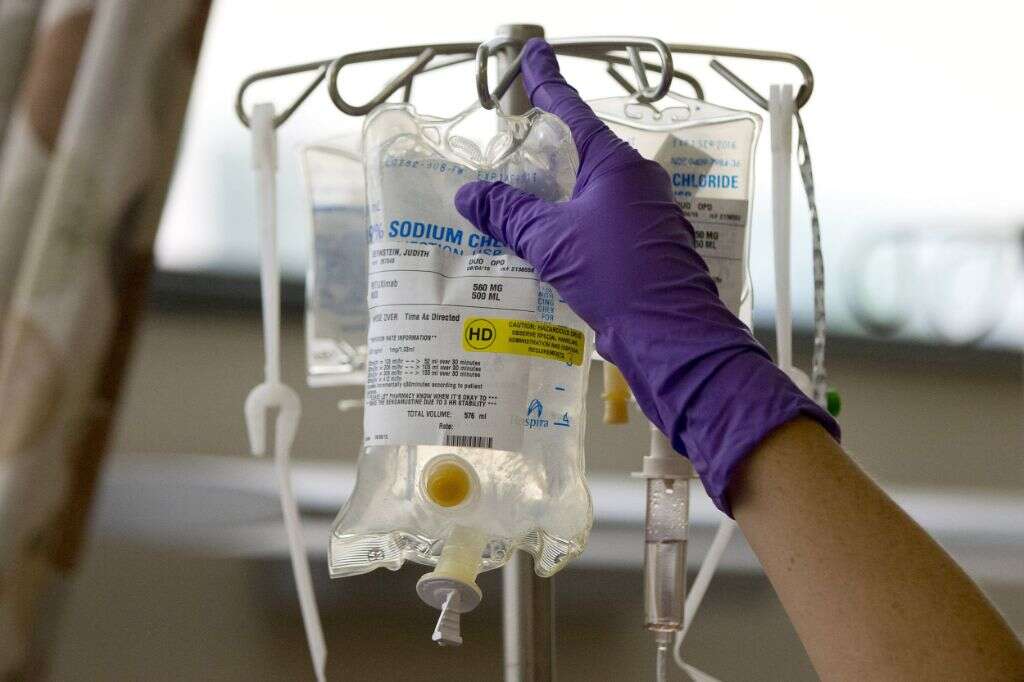
9. What Is the Prognosis for Someone with Anal Cancer?
Anal cancer is often caught early, which greatly increases the chance of recovery. Overall, the 5-year survival rate for this disease is 68%. In cases where the cancer is only in the anus, the 5-year survival rate is 82%. This rate goes down to 32% if cancer has spread to a distant part of the body.
The prognosis for anal cancer is determined by identifying the stage of the disease when first diagnosed. While someone with a very small tumor may only have stage I cancer, a large tumor or cancer that has spread to other organs may be Stage III or even Stage IV cancer.

10. How Can You Prevent Anal Cancer?
Since anal cancer is caused by HPV 90% of the time, taking precautions to prevent HPV infection is the main way to prevent anal cancer. This can include being vaccinated for HPV, limiting sex partners, and using a condom, especially during anal intercourse.
For people who are at high risk of developing anal cancer, regular screening can help doctors catch cancer early on. These tests may include a digital anal rectal exam, a high-resolution anoscopy, or anal cytology.
